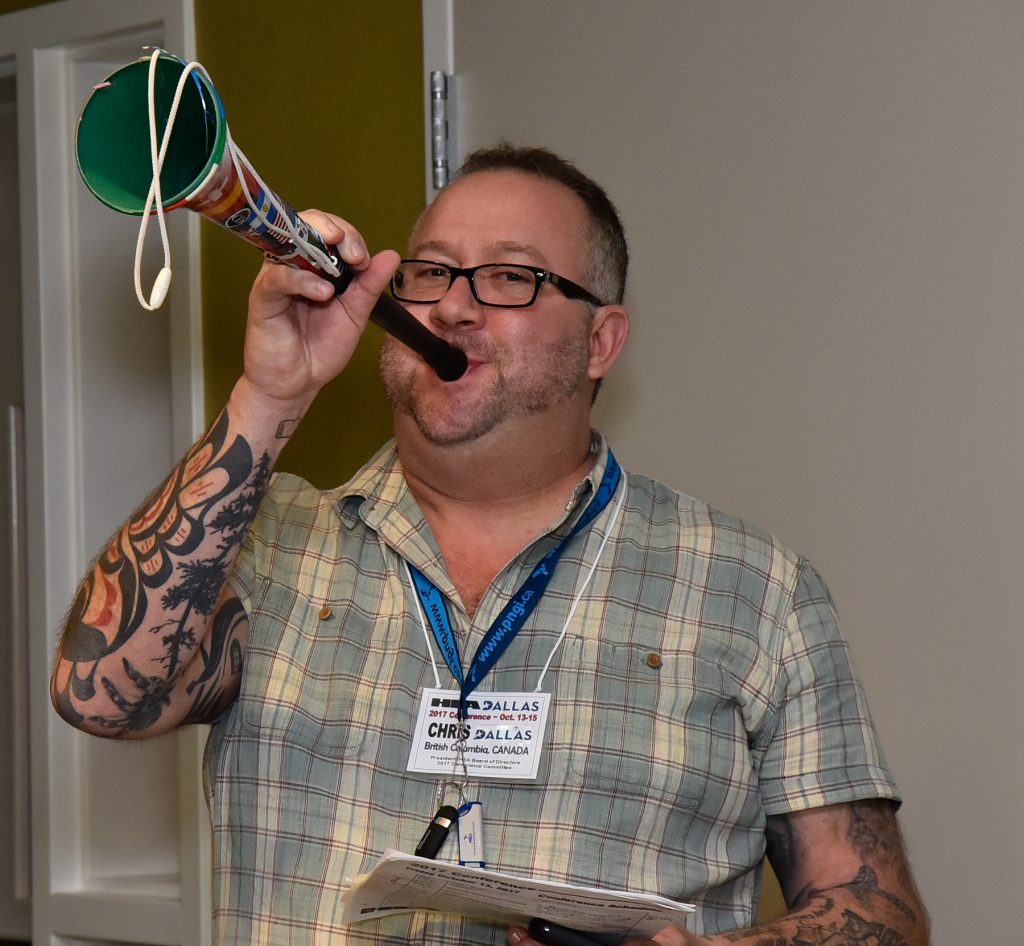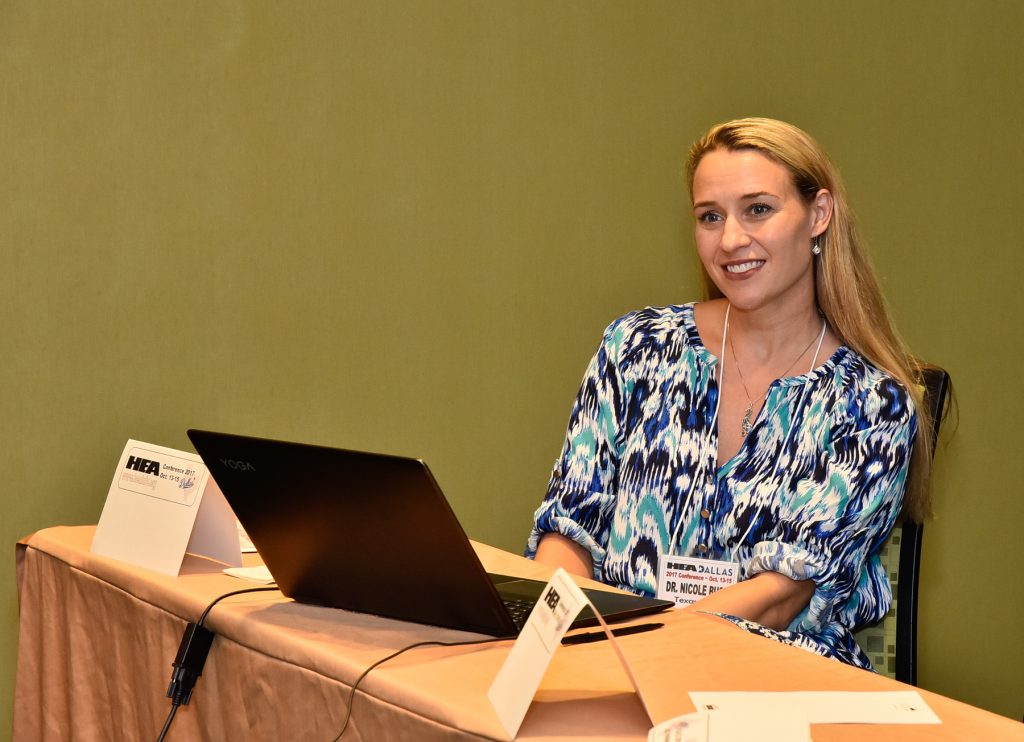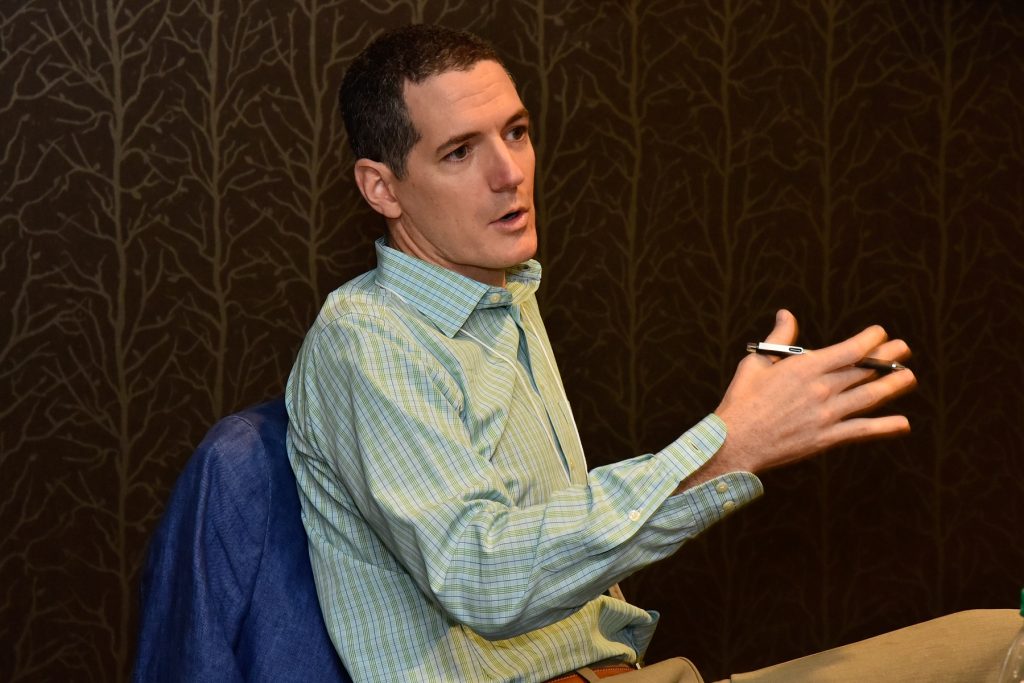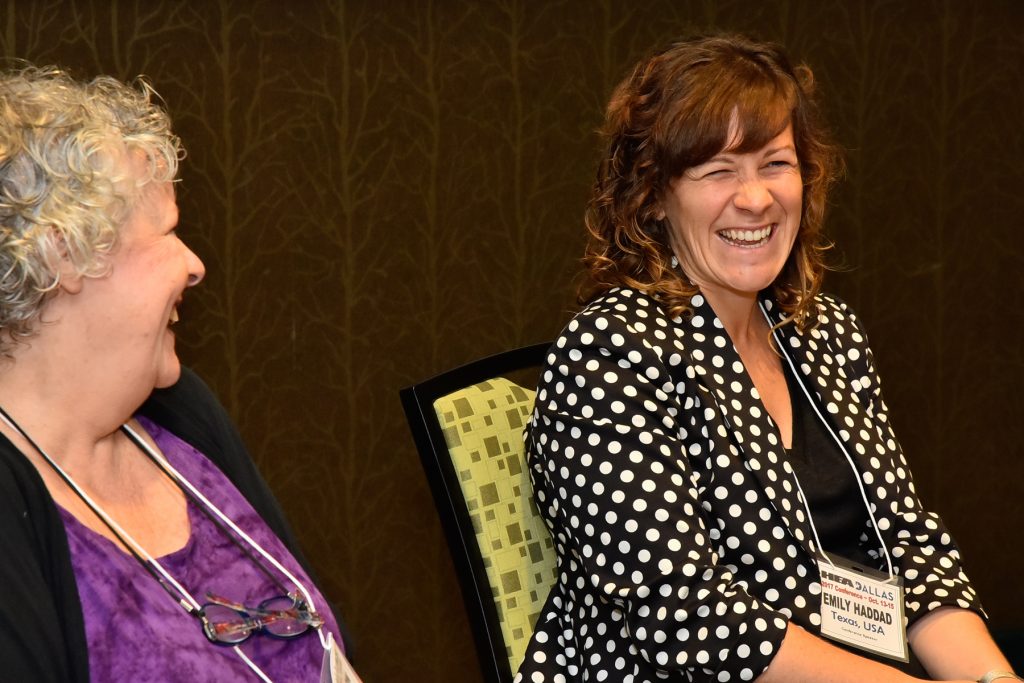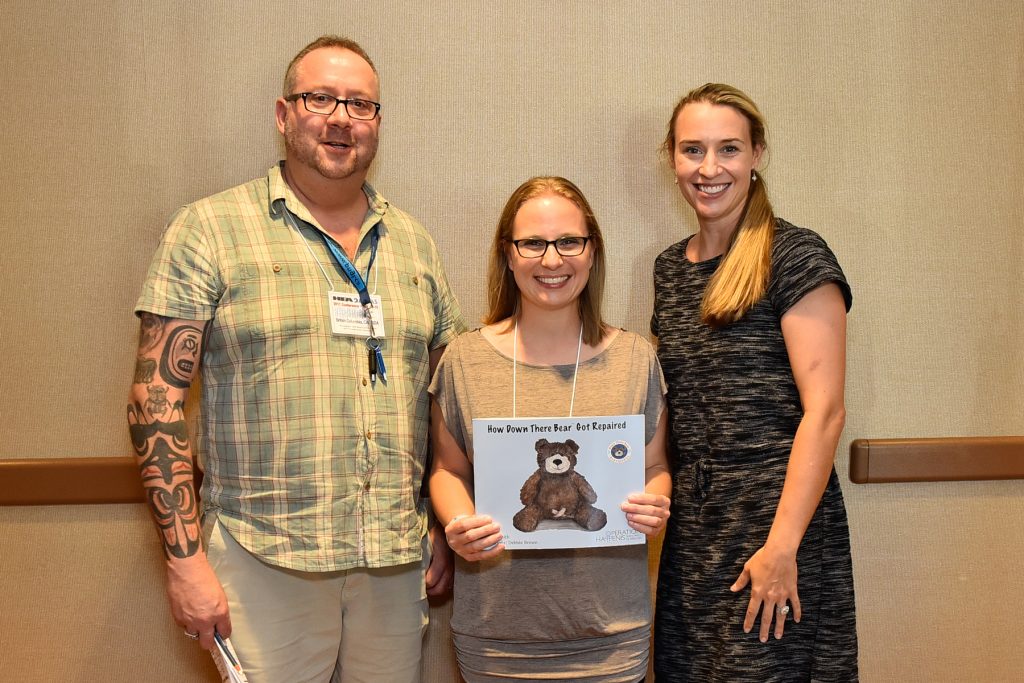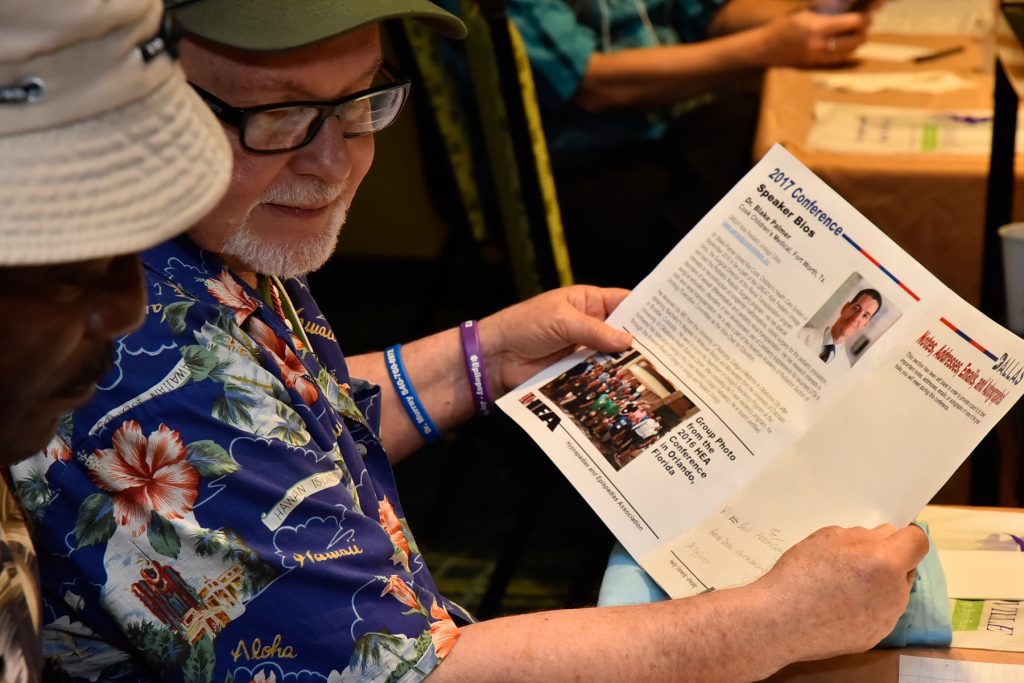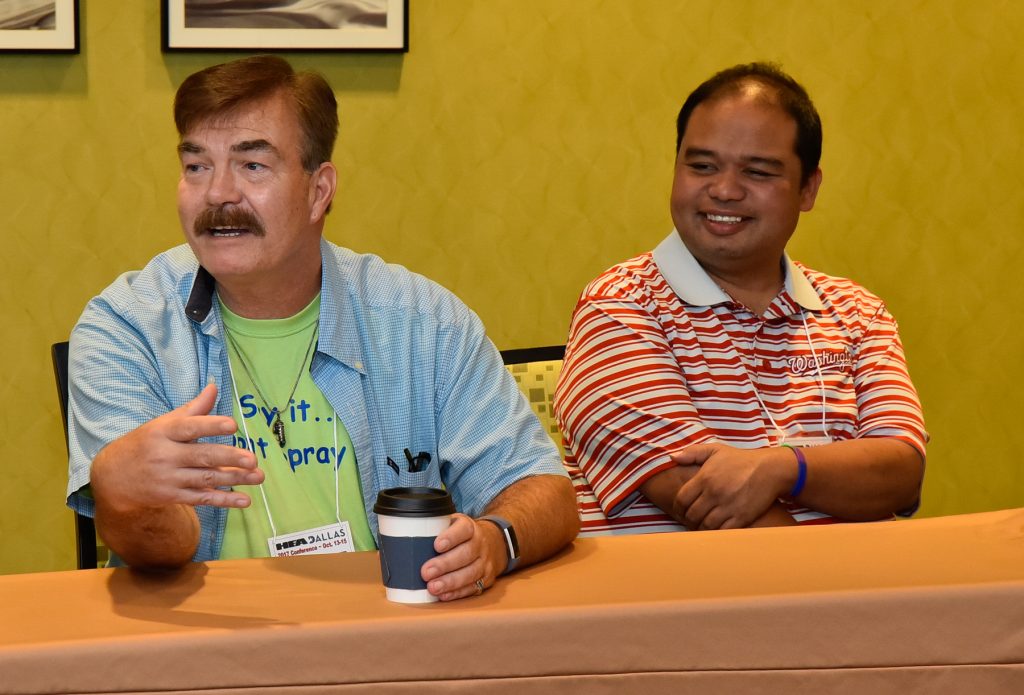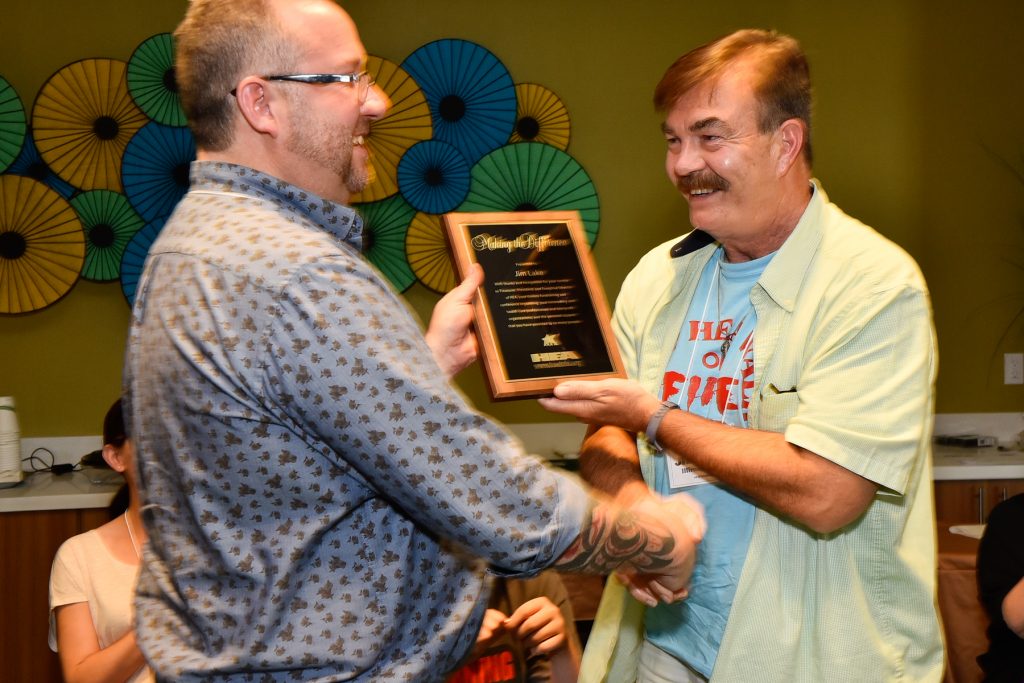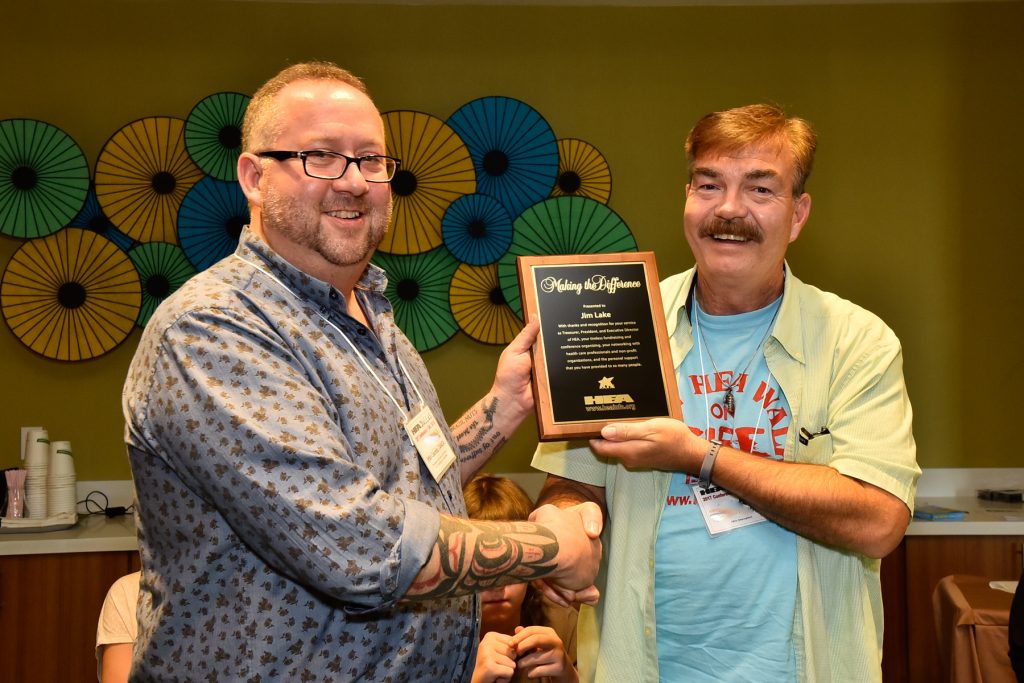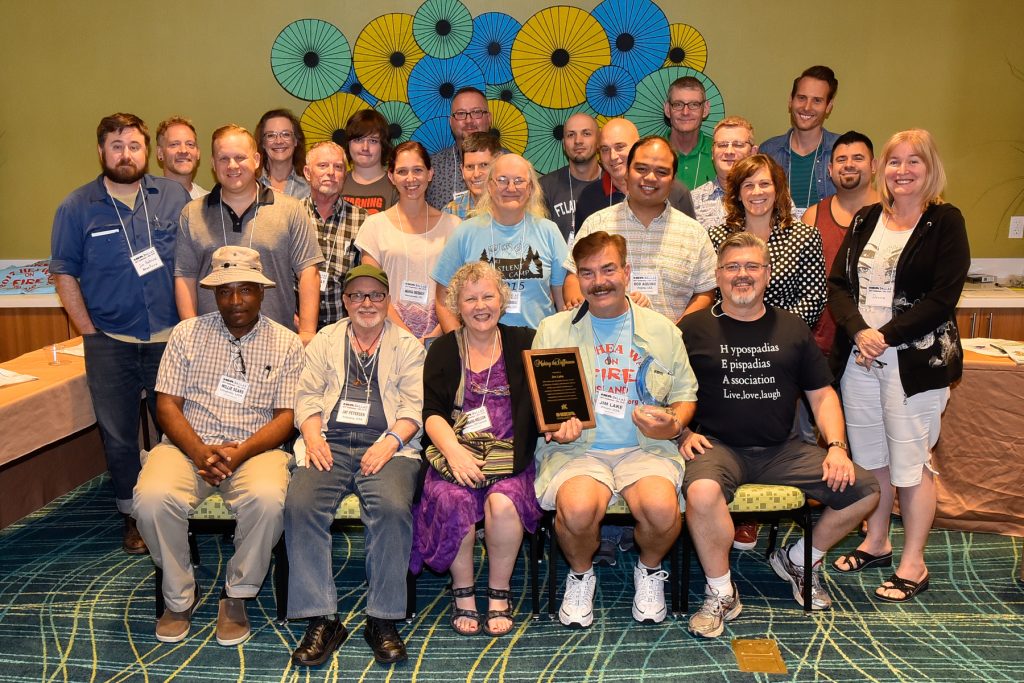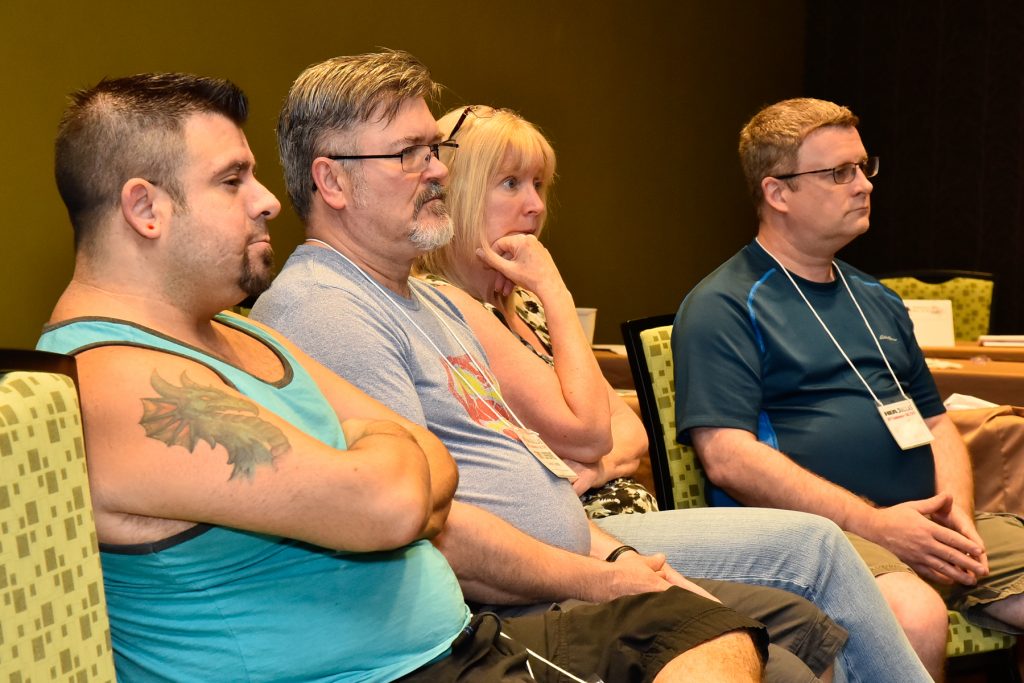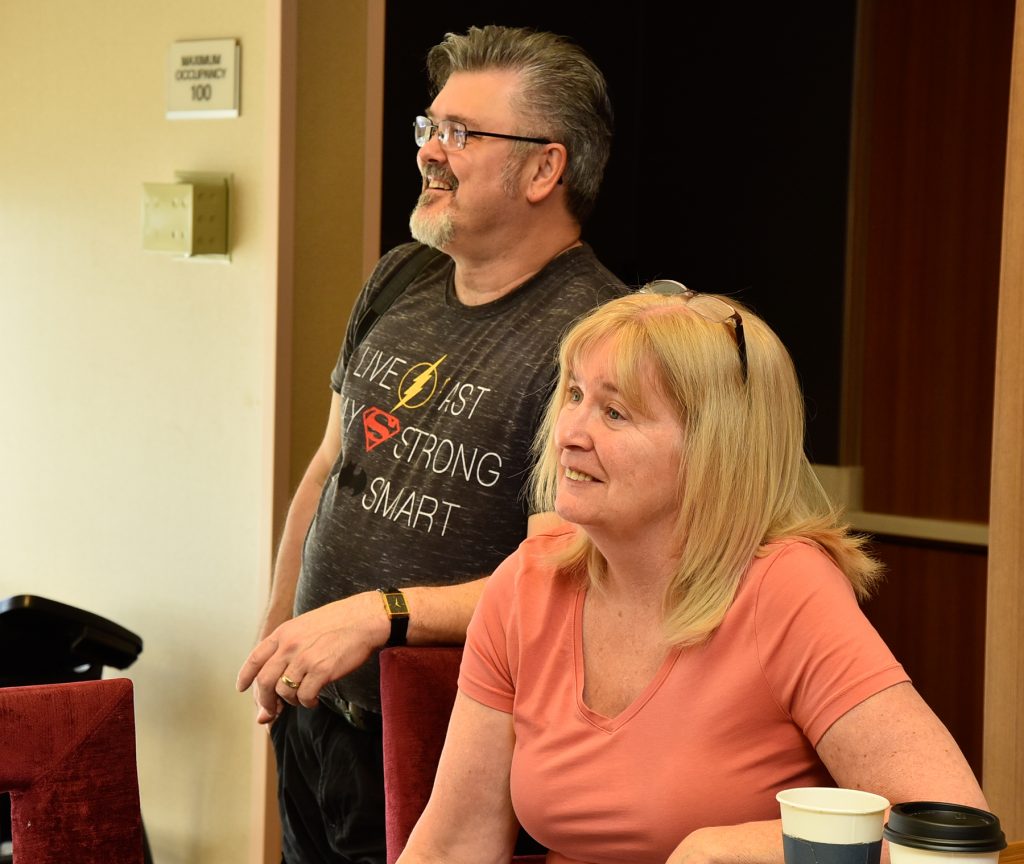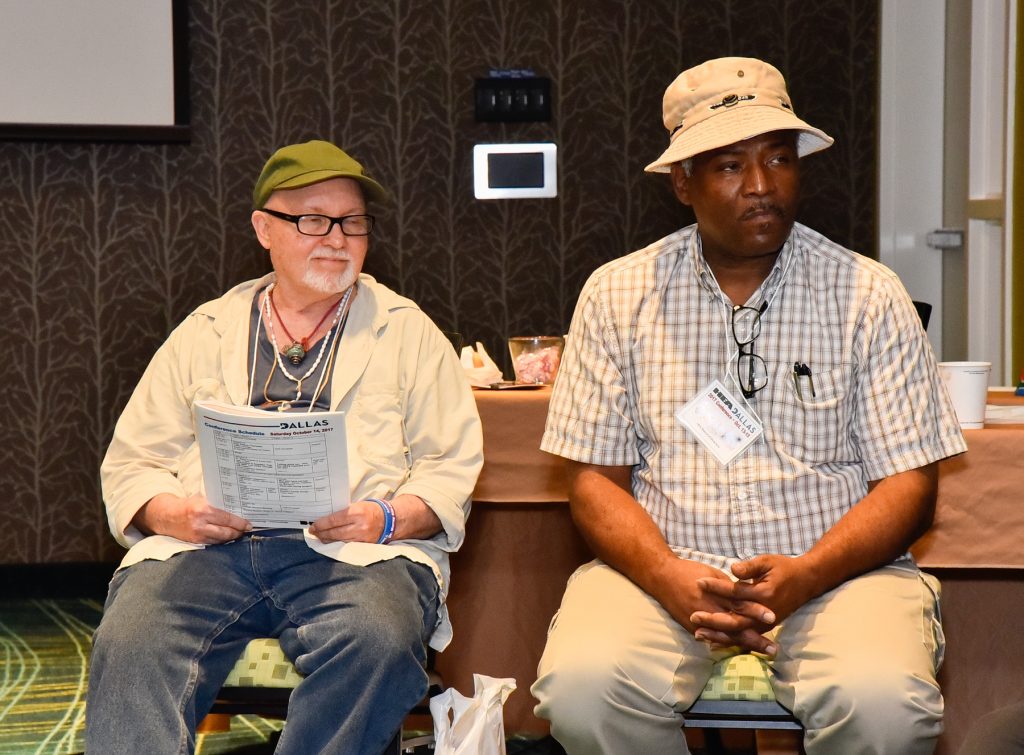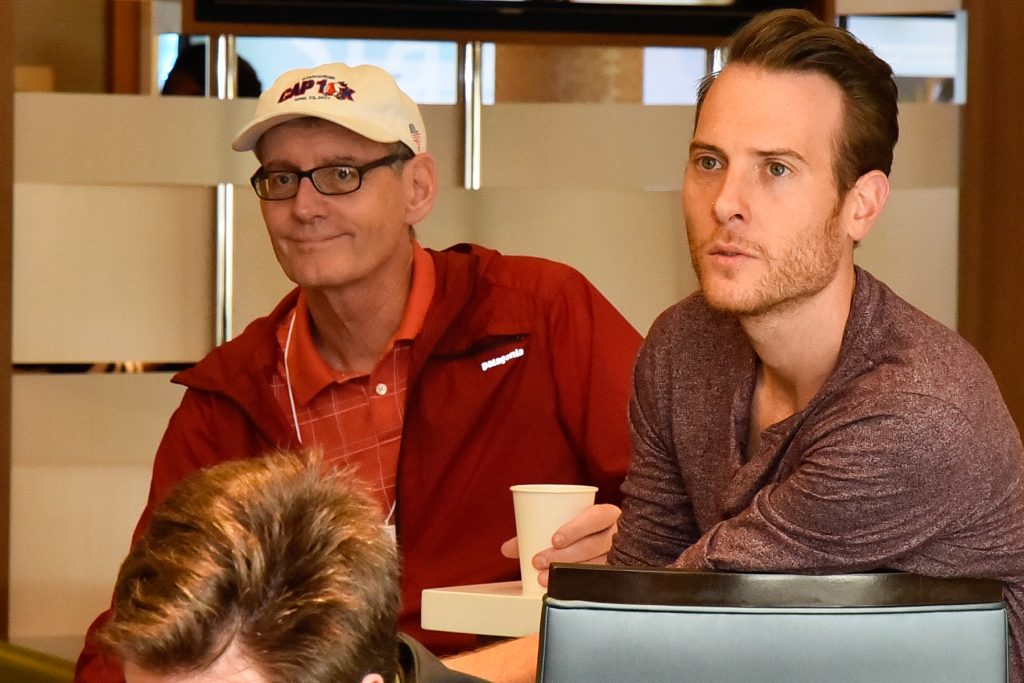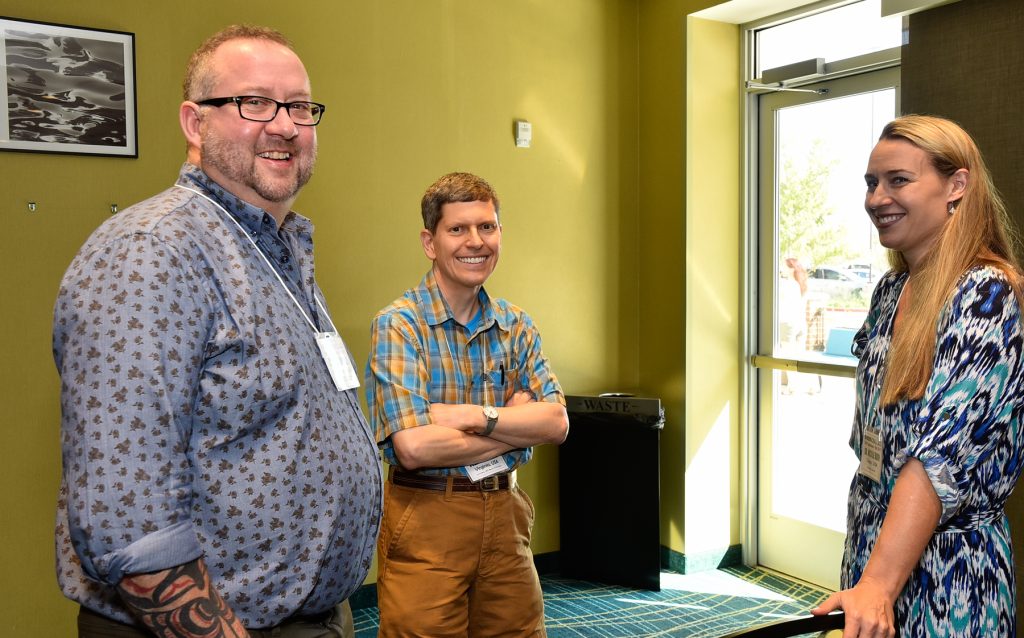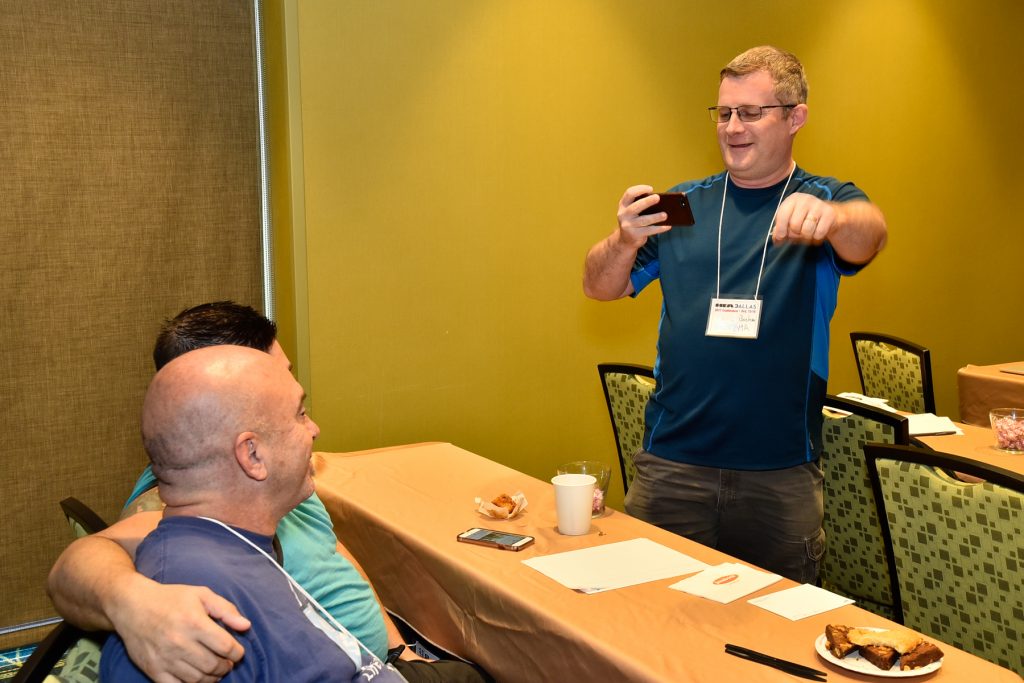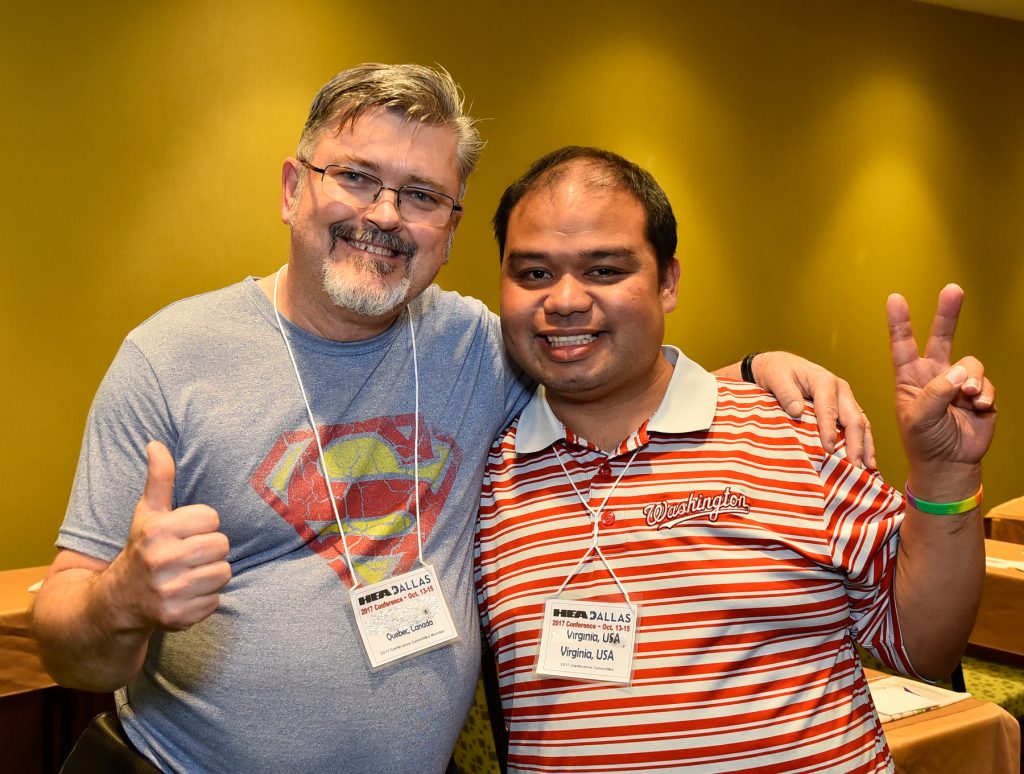The HEA 2017 Conference, held in Dallas, Texas, was a resounding success. Check out the photos taken during the seminars, round-table discussions, and more.
Chordee
Chordee is a curvature of the phallus: instead of the penis being straight when erect, it curves. The curvature can be from mild to severe, sometimes being acceptable to the individual, sometimes precluding intercourse or making erection or sex painful. This can happen as a result of scarring inside the penis from injury or infection or scarring as a result of previous genital surgery, or from cells that bunch up in one section of the penis as a result of a disorder of sex development. Chordee can occur along with hypospadias or epispadias, and it can be repaired surgically.
Hypospadias Treatment Decisions Paper
DISCLAIMER: The following material is provided for educational research purposes and is not intended to replace medical advice. The contents and sentiments within this post and the attached “Hypospadias Treatment Decisions” paper by Bonnie Steinberg do not necessarily reflect HEA’s position on this topic. Please consult a licensed urologist for medical advice.
Dear parents and friends of babies and young boys who were born with hypospadias or epispadias,
If you are a new parent, or an experienced parent, you may be exhausted from juggling all the things that you need to do—adapt to a new baby or adapt to parenting a baby with a difference you may never have heard of before. You may be working and parenting and not sleeping through the night. You already have more than enough to do. In the middle of all this, you might be making the decisions about whether or not to agree for surgeries for your baby or young child.
I wrote this paper as a master’s thesis in bioethics. And I wrote it because I believe that in order to be more fully informed you would do well to have the information that it contains as you make these important medical decisions. This paper contains my research and does not reflect the views of the Hypospadias and Epispadias Association (HEA). It is for educational purposes.
You already have more than enough to do and think about. The decision about surgeries is a very important one. It would be good to take time, adapt to your new baby, and perhaps begin to take in some of the information that I present. The paper is long and full of new information and sometimes hard to read. I know. But until I rework it, here it is.
The central focus is on the medical information that you might need. Are the surgeries elective or are they medically necessary? Do the surgeries solve the problems that concern parents? What are the surgeons saying to each other? Because my focus is on the medical information that you might want before you make a decision, there are some issues that are of great concern to parents that don’t really get addressed. Most important might be the questions of your son’s psychosocial needs and well-being. How do parents deal with the larger issues of raising a boy with a genital difference—so that your son will be self-confident and feel well loved and respected and able to handle many of the situations that arise in growing up?
If you have any questions or want to contact me, please don’t hesitate to email me at bonniesteinberg2@gmail.com.
—Bonnie Steinberg

Hypospadias: An Overview
Depression: Tools for Management
Nowadays not even a suicide kills himself in desperation. Before taking the step he deliberates so long and so carefully that he literally chokes with thought. It is even questionable whether he ought to be called a suicide, since it is really thought which takes his life. He does not die with deliberation but from deliberation.
Søren Kierkegaard (1813–1855)
I have walked this earth for quite some time now. On this journey I have met many souls plagued by depression and hopelessness. I myself have done battle with my own demons, and I suspect that before my journey ends I will suit up yet again to fight against the belief that “this is the way it will always be.” My education schooled me to think that depression was anger turned inward, but I have maintained that depression is a total inability to believe that whatever I am going through will ever end. A wise woman once taught me that life was going to get better, then even better, and just when I couldn’t believe it would get even better, it would get worse. Soon it would get even worse and just when I thought I couldn’t bear it, it would get better. Over and over, this cycle would repeat until finally I would face a problem that I couldn’t resolve, and that would be my death. She added that even that problem might be welcomed and accepted as the natural order.
I have seen and experienced three different types of depression. One is the common-language usage that simply means I feel blue, lonely, bored, exhausted, confused, regretful, or some combination of problems of the human condition. Another type is a serious depression as a result of negative experience such as a trauma, a huge disappointment, a humiliation, or a serious loss. Many people with this kind of depression think, “Something is wrong with me so that I can’t quite function and I need help,” and indeed they get help. The last depression is a serious loss of hope or zest for life when life seemingly is going well for someone, yet he or she cannot feel anything but the lead foot of inertia.
All of the types of depression may be accompanied by sighs, tears, outbursts, impulsivity, disturbances of sleep (too much or too little), eating (too much or too little), stomach problems, random aches and pains, changes in libido (too much or too little), and often a reluctance to do anything from taking care of major responsibilities to maintaining activities of daily living such as hygiene. As Kierkegaard wrote, our thoughts become repetitive searching and searching for answers, often to unanswerable questions such as “Why?” Shame, secrecy, and isolation become coconspirators in this endless search to escape. The more we ruminate on our situation, the less we communicate with people who can think clearly with us, and the more we spiral down into the abyss of despair. Sadly, this treadmill to hell can result in our desperation to find quick answers to end the problem. We quit jobs, end relationships, or turn to substance abuse, just to name a few, only to find ourselves still fighting our demons as well as now having to face troubles due to our destructive behaviors. Suicide becomes yet another demon to contend with here.
We in HEA all have experiences with the blues. Usually we “move a muscle, change a thought,” and a warm day, a good movie, a new love, or an interesting challenge can jar us out of that emotional funk. I suspect that having hypospadias or epispadias does not make us any more susceptible to serious clinical depression, but rather we fall in much the same national statistics as the rest of the population. But trauma brought about by years of coping with life with hypospadias or epispadias—yeah, we have that in spades, ace to deuce.
Disorders of sex development (DSDs), simply put, are birth anomalies resulting in complications of the urogenital areas of the body. Variations in severity of the conditions are wide, but most people with DSDs have suffered from isolation, secrecy, and shame. Many do not have even a working knowledge of their condition, many have little or no knowledge of their medical past, and most have never met anyone like themselves or, even worse, have never known there were others like themselves. Most have kept this their most guarded secret, held more tightly than the nuclear launch codes. Until very recently, most people only found information in the library (99% medical) and whatever information was provided by their medical professionals or parents. With the advent of the Internet, suddenly adults with DSDs and parents of children with DSDs could begin to access current but scant and often incorrect information. Message boards began to give people a way to contact each other for the first time. Today, not a day goes by without the HEA Web site or the telephone revealing someone saying, “I have hypospadias (or epispadias), I found your organization, I have never talked about this, and I am so alone.”
Years of isolation, misinformation, embarrassment, humiliation, and trying to navigate such dreaded locations as locker rooms take a huge toll on a psyche. From the earliest age, children learn something is wrong, helpful people hurt them in their private areas, and they are different from other family members and other kids. In the good name of privacy and protection, children are often taught not to speak about this to others. By puberty (the age of the ultimate secrecy, privacy, and embarrassment), when there is an awakening of the genital area with many changes happening, children have internalized the belief that “I am different, and it isn’t good.” I remember well my own adolescence, where I was taught that you never talk about sex inside the house and even if the house burns down, never tell the neighbors. I look at the alarming statistics of suicide among gay teens (kids who are also different and isolated), and I think many teen suicides must also occur among those in the hypospadias/epispadias community.
Depression is not clearing away the wreckage of the past but mapping out the wreckage of our future. I am getting depressed writing this article, so I need to switch to what can we do about it.
1. Consider getting professional help
As the TV ads say, “Don’t try this at home, folks.” Depression is serious and can be life-threatening. Try to find a health care counselor or pastoral counselor who has experience with post-traumatic stress disorder, depression, people with disabilities, or human sexuality. Shamefully, most will not know much or will not have even heard of your condition, but anyone skilled can generalize his or her experience and get current information. You can even ask your counselor to call me for more information. Antidepression or antianxiety medication can sometimes be a tremendous help in ones ability to heal an emotional trauma.
2. Educate yourself
If you don’t know about your DSD or your medical history, ask your doctor to tell you the type of DSD you have and what has or has not been done to you medically. Ask what he or she thinks will happen in the future regarding your case. Always get a second opinion, and try to see someone who specializes in DSD repairs. If you are considering surgery, ask the surgeon how often he or she has performed these operations. Then learn everything you can about your condition. Education is indeed power.
3. Find your story
What happened to you, where, when, and why? For most people, this information is available if we ask the right people. Mom, Dad, Grandma, Grandpa, aunts, uncles, siblings, Mom’s best friend, or people from school or church: someone knows some of the story. Write to your doctors or hospitals to request your medical records. Sit down with a pen and paper, and try to remember what you can. This is not a blame game. All of your doctors and family members tried their best (often alone) to figure out what was best for you.
4. Get support
In depression, it is not the trauma or repetitive traumas that is the problem. Rather, the problem is the inability to heal emotionally from traumatic events. It is the burying of the feelings associated with the events, such as anger, fear, confusion, and hurt. It is the “all better now” message, now that the physical pain has gone away. Once a patient came to my office and told me his grandmother had passed away. He began to sob. Not knowing if his grandmother had been ill, I asked, “Over the weekend?” Through tears, he replied, “No, seven years ago.” He was finally allowing his buried grief to surface and be released.
Whom do you trust? To whom can you tell your story? Who can help you no longer carry this burden alone? A few years ago, when I returned from presenting a paper on hypospadias in Istanbul, Turkey, I was invited to a football party in North Carolina. At the party, the host asked me how my presentation went, and a brief discussion of hypospadias ensued. As the party wound down, his best friend declared, “I have wanted to tell you this for over 20 years: I have a hypospadias.”
5. Meet others like you
The statistics say that hypospadias occurs about as frequently as red hair. I love counting the redheads I see when I am sitting in a subway train or a theater. I have never witnessed anything more cathartic and healing than a conference or local gathering of HEA members. One man said that all his life, he felt like he was dropped alone to Earth from the planet Hypospadia. Suddenly, he was among people who finished his sentences and really knew him. And that wasn’t the best part. We were in a room full of people who were talking about these issues. They were giving in-depth, important medical information on causes, past treatment, and current treatment of DSDs. Groups were talking about how we emotionally handle activities of daily living with DSDs. And that still wasn’t the best part. The best part was that for the first time this man was meeting people who had more difficulties or fewer difficulties than he did, yet they seemed happy and were living full lives! It is at the conferences that we tell our stories and we learn to identify with, not compare ourselves with, each other. With these now insignificant medical differences discarded, we find the common bonds of identification. Tears, laughter, and joy often emerge as finally people begin to shed the true disabilities of secrecy, isolation, and shame. I defy Our Lady of Lourdes to match our miracle rate.
6. Finding God or finding Nemo
Since the beginning, humans have tried to explain the unexplainable by looking to the heavens for answers. Whether it be the gods of the sun, the moon, or water or the spirits of the wolf, owl, and tiger, or maybe the constellations of Mars, Jupiter, and Uranus, or the modern spiritual guides of Jesus, Buddha, God, or Allah, we want to be able to ask for answers and interventions. Some people were raised within a spiritual community and are deeply faithful; others, once committed, have left those beliefs behind; and others have no attachment to any religious belief. Almost everyone at some point of despair looks for “why” answers and longs for her or his own miracles. Many in the HEA community have said, “If there is a God, how could He do this to me?” Some have asked, “Is it some kind of punishment?” I have found that those who believe in some kind of spiritual belief, be it the universe, a cosmic force, nature, God, or Nemo, have a slight edge at being able to heal. The ability to deposit unanswerable questions somewhere and to have a source of strength to turn to when our minds leave us hopeless becomes yet another tool. For some, discovering a spiritual life or rediscovering a belief left behind is a path not to be discarded out of hand. Enough said.
7. Consider helping others
Anne Frank wrote, “How wonderful it is that nobody need wait a single moment before starting to improve the world.” It really is by helping others that we help ourselves. Depression turns us hour by hour more and more inward, listening to our own negativity and believing with our every fiber that we have been dealt the worst possible cards. Helping others gives us so many tools to “right-size” our problems, it provides us our much-needed contact with other people, and it gives us a purpose and responsibility. That wise woman I mentioned above once said to me, “If you kill yourself, I will get you off for self-defense.” We hear ourselves saying such loving and supportive counsel to others; it puts our own dialogue on notice.
If I can say one thing to you, it is, “Think about a way that you can improve the world for people and families coping with a DSD.” Each of us can ask what we can do to improve the world so that no one ever has to be alone trying to figure it out. HEA needs you. We need to hear your story. We need to know how you have learned to live your life. We need you to join HEA so that another voice is raised to share experiences and provide us with the much-needed finances to do this work. Believe me when I say that, when you hear “Thank you so much for all you do for us,” you will feel great about yourself. Let me say thank you to all the current and past HEA leadership, our friends and families, who have made a difference in the lives of countless people.
8. For parents, family, and friends
I can’t wait to be a grandparent. I will have all of the fun of parenthood with a ton less of the fear and guilt. I could, and probably in the future will, write an article on the emotional issues facing a family with DSDs. It is the rare parent who has ever heard these medical terms before his or her child is born. Like adults with DSDs, these parents used to go to libraries to try to find information and relied primarily on the brief information provided by their health care professionals. Again, with the advent of the Internet, suddenly parents could go to Web sites and ask other families questions. The first question is usually “Did I cause this?” followed rapidly by “Can it be fixed? Should my child have surgery? If so, when and where?” and the million questions about postsurgical care and complications. Will he be able to have sex, will he be able to have a child, might he be gay? What I know is that the more informed we are of anything, the more we are able to make better choices. I know that kids grow up and often ask, “If you decided on surgery, why did you let them do it?” or “If you didn’t choose surgery, why didn’t you let them do it?” I know that his children’s teen years make a father wish that he had been celibate. As children, my sons were like puppies licking my face with unconditional adulation. When they turned 12, they morphed into cats, wanting to be let out, fed, and sometimes petted, but mostly they turned away hissing, scratching, or paying me no mind.
Surgeries for DSDs today are much better than they used to be, but DSDs never go away. I would want any child with any difference to be fully educated and to meet other kids like himself or herself. If you are a parent of a child with a DSD, consider getting professional help from a child life specialist. Keep a diary of events so that both you and your child have a record and an explanation of why you did what you did. Tell people, and get support; there is nothing to be embarrassed or ashamed about. Trust that life happens as it should. I love the salutation of one of our members who writes, “Everything will be all right, even if it isn’t.” Getting involved and being an advocate can be a very powerful healing mechanism for you too. HEA needs you to help make sure no parent has to go through this alone ever again.
Does this ever go away? No, it does not. But the human soul is resilient and survives. It does get easier as we become less and less secretive, isolated, and ashamed. We build self-esteem by doing acts worthy of esteem. We become accepting of life on life’s terms and confident that a DSD will no longer keep us from achieving what we believed was not to be for us. Then suddenly, without warning, we become restimulated and a flood of old pain pours into our awareness. Maybe a locker room situation suddenly brings back memories or a urinary tract infection occurs. Or a new love interest breaks off, and we ask, “Was it my condition?” when we should actually be checking our breath. Possibly the doctor tells us that there has been a change and another surgery might be required. We can begin careening again down the abyss of self-doubt, self-pity, blame, and despair. Now, however, things have changed. We can call our therapist and talk it through. We can journal about it and call on our support network for guidance and comfort. We can pray to the Indian spirit Owl to give us the strength to sit quietly on the branch till the storm passes. We can call an HEA member and ask, “What happened when this happened to you?” Or we can help another person who is in a situation far more serious than our own. I have been comforted many times by the lyrics to two songs by Meg Christian and Nancy LaMott: “Now I can tell you, don’tcha worry, you can do it, don’t despair, if it hurts, I’ve been through it, and I’ve got to here from there” and “Help is on the way, from places you don’t know about today, from friends you may not have met yet. Believe me when I say, I know, help is on the way.”
Thank you, Owl.
By Billy Deegan
Psychological Effects of Genital Abnormalities
There has always been a distinction between how a person feels about their DSD condition and how their parent or health professional feels.
I have heard comments from onlookers, however close and well meaning, who suggest, “it is no big deal, just get on with it.” Well from a personal point of view I would say that the ability to get on with it may well depend on the particular psyche of the individual and how they have been educated to understand their particular condition.
Statistics show that a young man with hypospadias, for instance, is likely to be much older than a control group before he has sexual intercourse for the first time. However good he feels about himself, there is a tendency to hold back before becoming too intimate. Of course there are those who seem to get along just fine and that will depend on their makeup as a balanced person, but in general there will be a slowing down in relationships as they become established and intimate.
Secrecy is damaging and a disadvantage, especially in this day and age. Quite a few young people have said recently that they told their friends about their need for more surgeries and when asked went into detail about their particular condition. They all said that their friends had been supportive and concerned and that their relationships were better after everything came out than before. One young man said his male friends now joked and said that they now understood why he was the only one in their group still a virgin. That is the sort of comment you can accept with a smile and shows an openness among friends and in my opinion is a positive thing.
The unfortunate habit of some parents to keep things under wraps and never mention the DSD can result in a person not being aware of the name of his/her condition and also thinking that they are the only one like that and some sort of freak. That is why they never tell anyone (and this can include doctors who might help) and hold at arm’s length possible close contacts who might have become partners in life.
These reflections are based on people who did not have a professional psychologist involved in their case, but even in countries where it is common to refer to a psychologist, it still needs one who specializes in these conditions. So many health professionals ask, “What is that and did you come to be born like that?” Not very encouraging.
Finally, I would say that from a personal point of view, places like HEA and other support groups can help individuals to talk about and come to terms with a condition that hitherto was very private and was holding back the chance to get along and have a normal life.
By an HEA member
Bladder and Kidney Stones
Bladder and kidney stones happen as a result of proteins, calcium, and/or urea concentrating in higher levels than normal in the blood and creating stones when filtered through the kidney, sometimes making it into the bladder. These can be very painful as they “pass” though the kidney into the ureters and lodge in the bladder or get passed out of the body through the urethra on urination. Larger stones can lodge in the kidney and require a doctor’s attention to be removed.
Fistulas
A fistula (plural: fistulas or fistulae) is an abnormal passage or opening between body organs or between the body and the outside. In terms of hypospadias or epispadias, it is an opening through which urine flows out at a location other than the urinary meatus (the hole where the urethra opens). Fistulas can appear anywhere along the shaft of the penis, on the lower abdominal wall, or even on the perineum behind the testicles. Fistulas can occur soon after surgery when a wound isn’t completely healed, and these can sometimes heal on their own. Alternatively, they can sometimes occur long after surgery. Persistent fistula usually results from a previous surgical wound breaking down under the force of urine wearing away at the tissue until a channel works its way to the outside of the skin and creates a leak. Besides making urination messy, these leaks also increase the possibility of infection. Some fistulas can remain for years without major complications but may eventually require surgical repair. If the leak is inside the penis and breaks into the spongy bodies involved in erection, that kind of leak is called “extravasation” and is very painful, requiring immediate medical attention.
Strictures
A stricture happens when a channel in the body narrows, usually as a result of injury, infection, or previous surgery. When a stricture occurs in the urethra, urination is less comfortable and can be difficult, and the chance of infection increases. Urethral strictures can sometimes be treated just with a dilation, which is a stretching done in a doctor’s office with the urethra under local anesthesia or in an operating room with the patient under general anesthesia. Occasionally, however, urethral strictures may require surgery.
Urinary Tract Infections
Urinary tract infection (UTI) happens when microorganisms cause an infection in the urethra, the bladder, or the kidneys. There may be a discharge (clear or pus), pain on urination, painful spasm of the bladder, or back pain and high fever if the infection makes it into the kidneys. These all require a doctor’s attention sooner rather than later. Urinary tract infections are typically treated with antibiotics.



